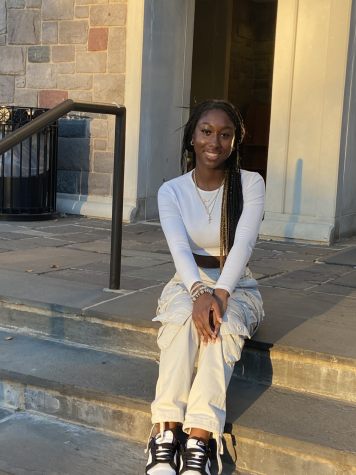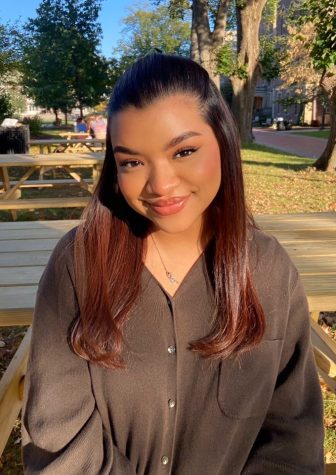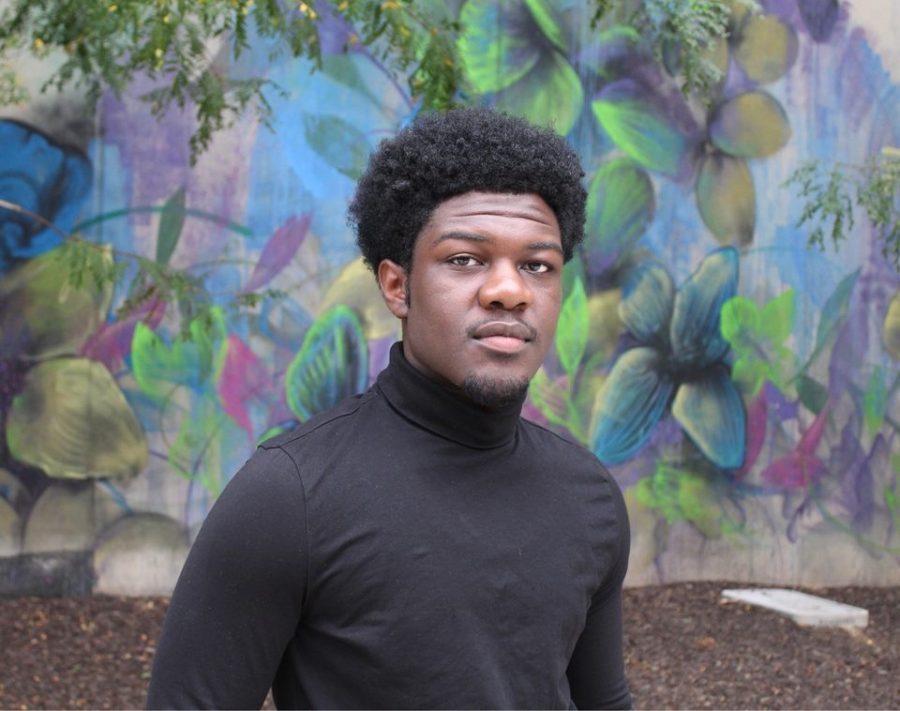For some, higher education is not a guarantee; many students at Lafayette are among the first in their families to attend college.
Nov. 8 was National First Generation Students Day, a time to celebrate the success and achievement of first-generation college students. The holiday is a day to recognize the hard work that students put into applying to college despite the obstacles they face.
For first-generation student Ronnie Ward ’25, the college application process seemed like a daunting, insurmountable and costly dilemma.
“Throughout my life, especially in high school, most of my friends’ parents went to school and had degrees and kind of knew what to do, especially when it came to college applications and what to expect when going to college. So I kind of always felt dumb asking questions,” Ward said.
“Neither of my parents applied. I was lost. I felt like when I got to college, I’d be behind. But then once I got here, I realized that I wasn’t behind in anything. I’m right where everyone else is,” Ward continued.

Jermaine Grant ’25 encountered a similar difficulty during the beginning of his college career: a lack of networking contacts. This caused him to forge strong connections with members of the Lafayette community during his time here.
“Being a first-generation student, in some aspects, has pushed me to connect with my professors, faculty and administration more, because I know that these are people that have connections to opportunities,” he said.
According to Grant, the group of first-generation students that he met became the “first sense of community [he] had on campus” because of the ways they can understand each other’s struggles.
Satuna Mowrin ’24 immigrated to the United States seven years ago from Taki, Bangladesh. She is the first in her family to seek higher education.
“I think being a first-generation student, first of all, is a prideful status to have,” she said. “It is something that I’m really proud of because I’m not only a first-generation student, but I’m the eldest daughter and the first woman from my family to go to college here in the States.”
Mowrin realized how vital education is for securing opportunities.
“Education is something that has been a form of liberation for me ever since I was in Bangladesh because I did have a lot of immigration issues coming here. So I ended up getting separated from my parents for seven years. And being in Bangladesh, my grandparents would take care of me, and they would try to make sure I was going to school,” Mowrin said.
“That’s really something that I’m thankful for because a lot of girls in Bangladesh, they literally go up to like fifth grade, and that’s it. So being able to continue my education there and then coming here to a liberal arts college, and a really great college at that, it’s a privilege,” Mowrin continued.

Mowrin’s experiences have inspired her to create opportunities for other first-generation students. “Now I really want to drive that purpose into, like, creating a nonprofit for under-resourced youth, to help them access higher education, because I think having access to higher education really changes the perspective of everything and makes you have more of a multicultural knowledge and allows you to be a better leader,” she said.
President Nicole Hurd recognizes the barrier presented by rising tuition costs as the school transitions to being loan-free for those who are fiscally disadvantaged. Before coming to Lafayette, Hurd was CEO of the nation’s largest college access program, the College Advising Corps.
“Access doesn’t mean inclusion, right? So I’m a big believer that we need to keep thinking about access and how we invite more students to join our Lafayette family. But I also want us to be really intentional about how we support each other when we’re here,” Hurd said. “We need to be really intentional about how we support this community as we become more inclusive.”




































































































